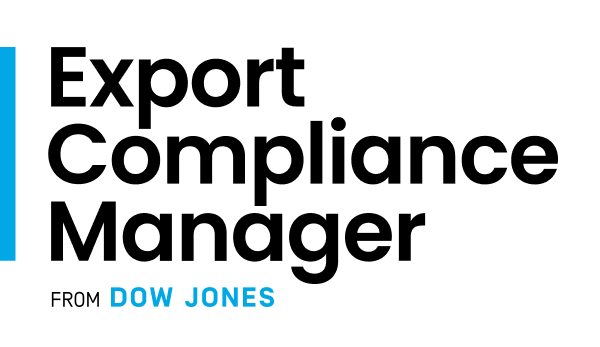As the US government cracks down on alleged forced labour and other human rights abuses around the world — China’s Xinjiang Uyghur Autonomous Region is a high-profile example — with aggressive measures, including import bans, economic sanctions and export controls, all companies should take a fresh look at how their existing compliance programs need to adapt to navigate the commercial and legal impacts of these restrictions.
Take the necessary steps
Compliance officers and in-house lawyers can play crucial roles in supporting corporate efforts to ensure your supply chain is free of forced labour, and that your products are made in conditions that satisfy not only your ethical standards but also the evolving legal requirements.
In this one-hour webinar Meredith Rathbone and Brittany Prelogar, co-chairs of Steptoe & Johnson LLP’s International Regulation and Compliance practice, address how compliance officers can assist their businesses in limiting business interruption while tailoring a response that limits exposure to forced labour and meets the regulatory requirements of US authorities as well as the expectations of other stakeholders. We provide an overview of approaches to conducting risk assessments and due diligence, as well as introducing enhancements to policies and procedures that may be warranted.
Of interest to:
Companies with manufacturing operations in China and other countries; freight forwarders/couriers, global supply chain professionals and analysts; importers; trade and legal advisors; brokers and trade financiers.
Please note: Reduced pricing is available for Export Compliance Manager subscribers. Enter code ECM*49 at checkout to pay just £49.


